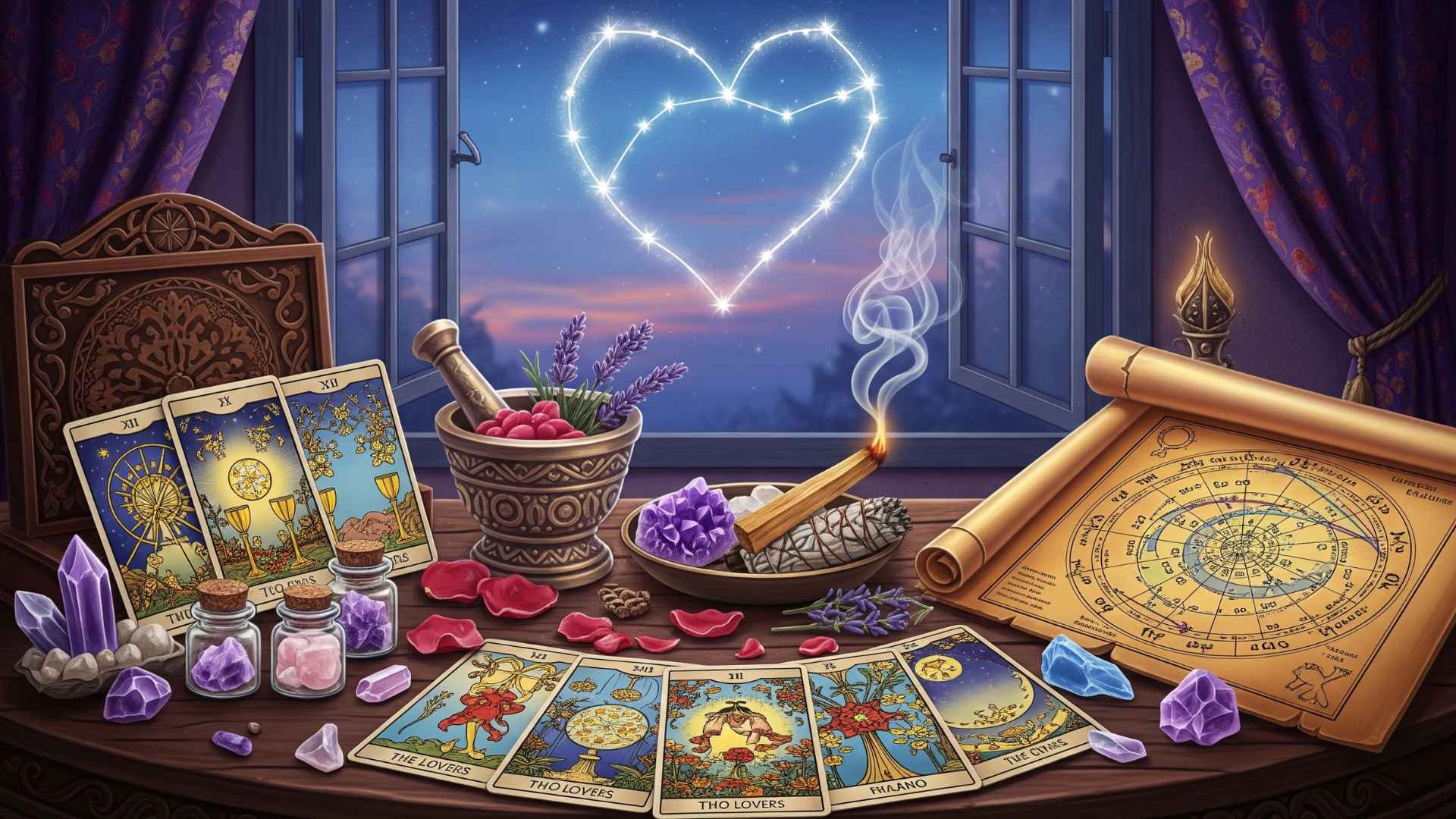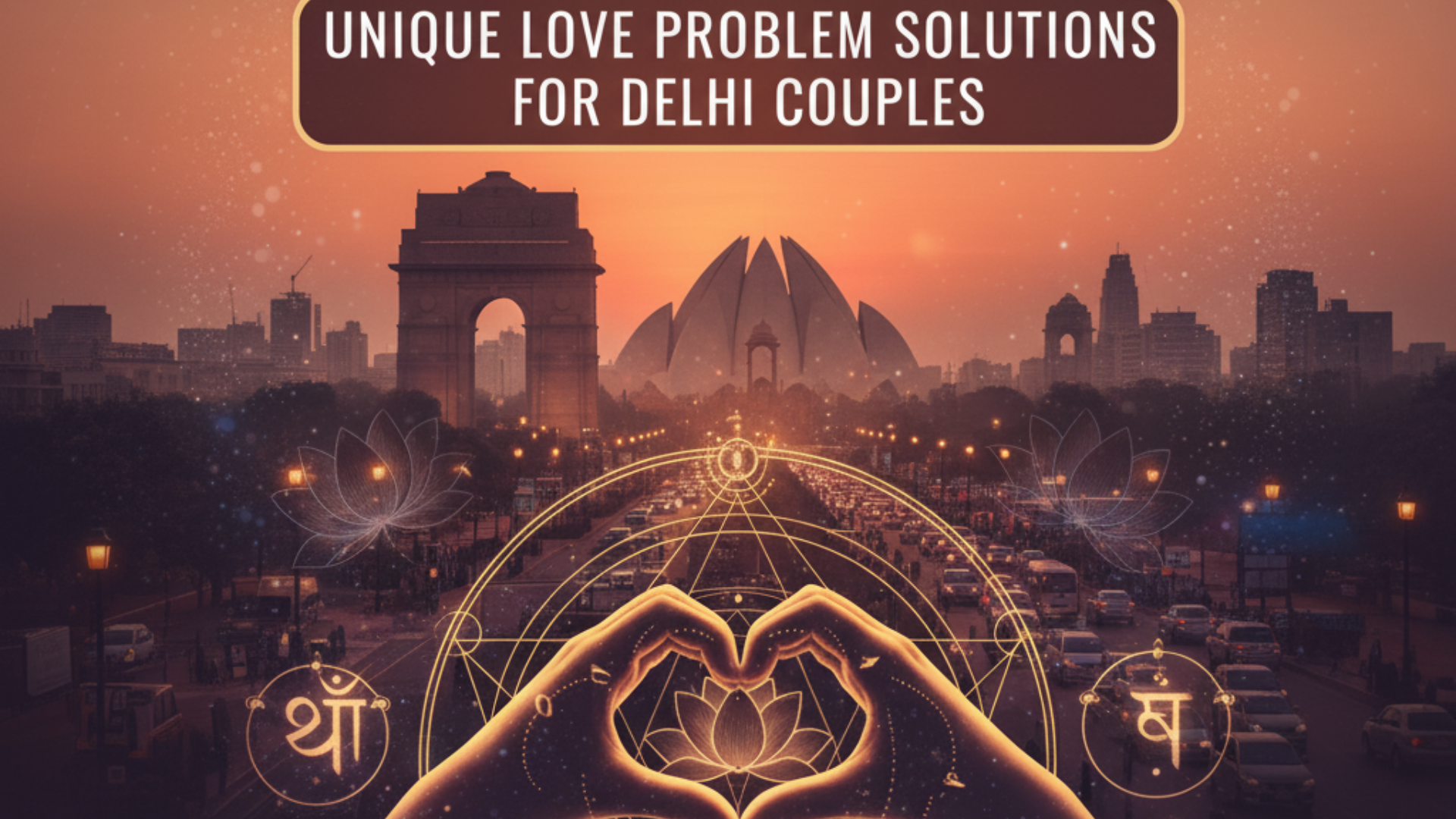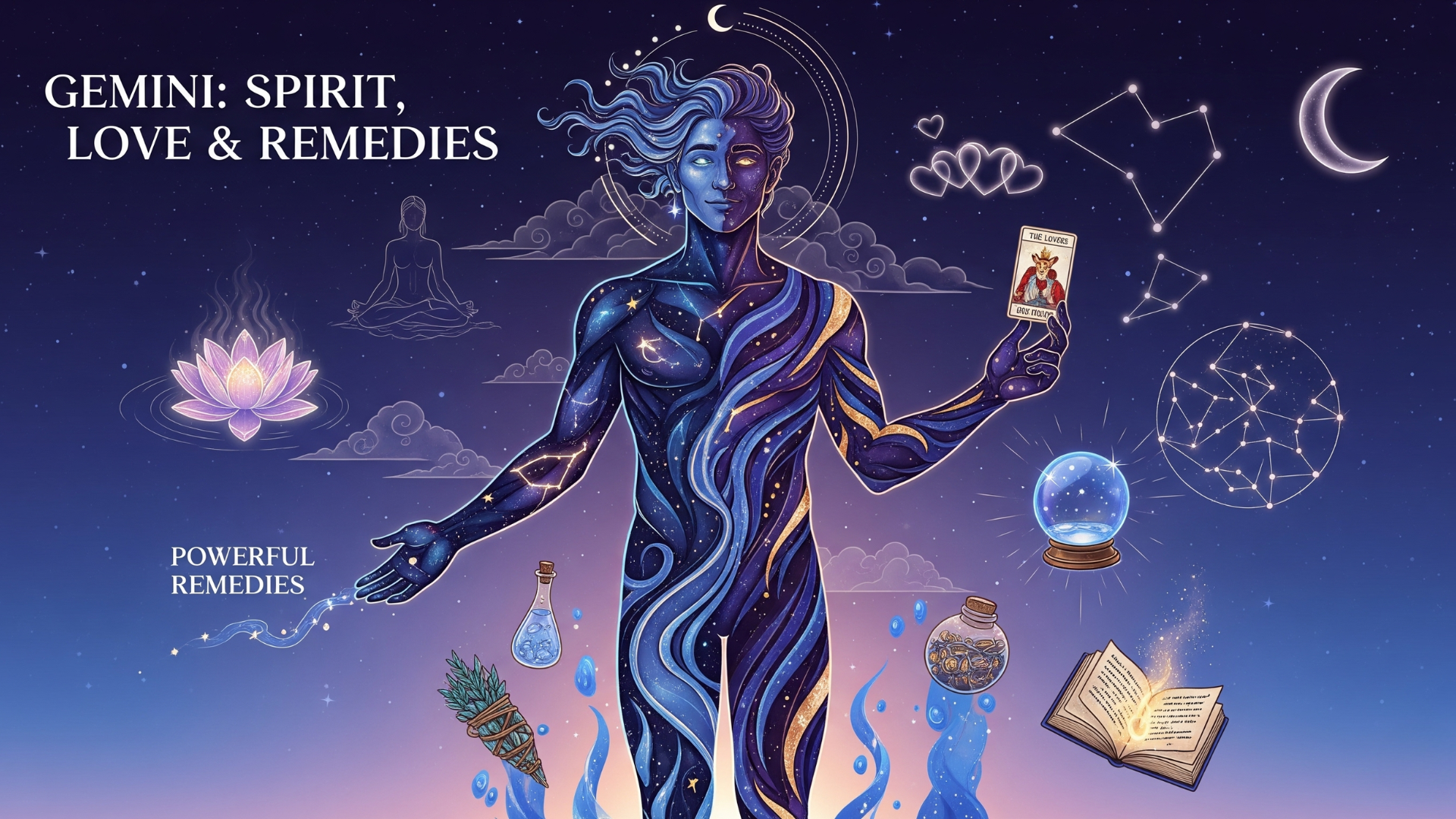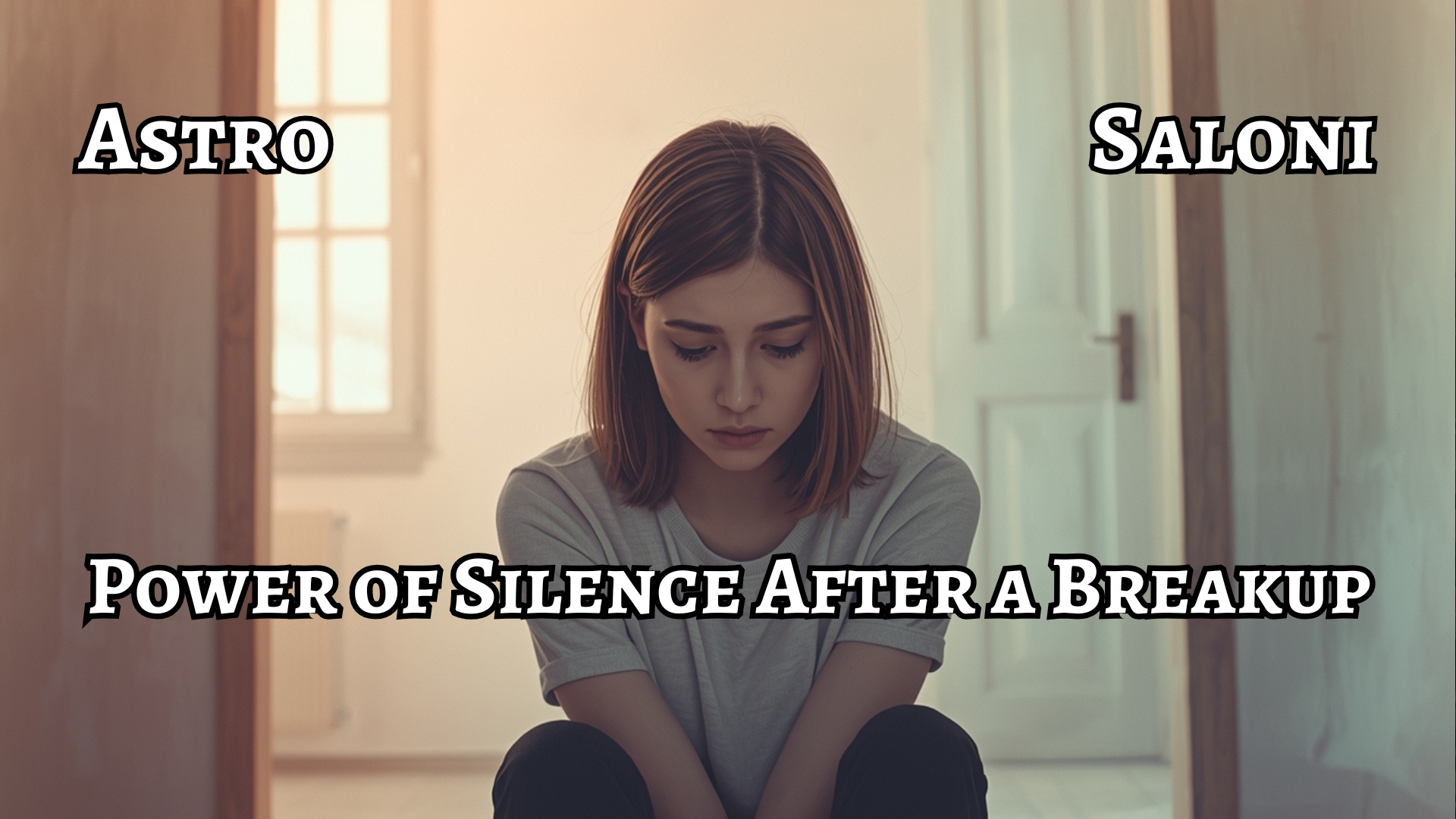
Many people seek fast solutions when their marriage or love life feels too challenging. One of the most popular paths people turn to is Vashikaran — a series of sacred rituals and mantras designed to influence behavior and feelings.
This article will explain:
-
What vashikaran mantras mean and their origins
-
Claims made by practitioners
-
Ethical and legal concerns
-
The possible dangers involved
-
Safer, evidence-based alternatives
We aim to help you make an informed and sensible decision like divorce solutions etc.
What is Vashikaran?
The word Vashikaran comes from Sanskrit:
-
“Vash” = to control or attract
-
“Karan” = the method or process
Together, it refers to methods (often mantras, rituals, or talismans) designed to draw attention or influence someone, usually in love or marriage matters.
Vashikaran is deeply tied to traditional astrology, folklore, and tantric practices in South Asia, passed down through centuries.
Cultural and Historical Background
Vashikaran has ancient roots in:
-
Indian folklore
-
Tantric traditions
-
Astrological rituals
Over time, practices evolved with local customs. In modern times, vashikaran is promoted online and offline as a “solution” for love problems, breakups, and relationship struggles.
⚠️ Note: While it has cultural value, there is no scientific proof of its effectiveness.
What People Claim Vashikaran Can Do
Supporters and practitioners often say vashikaran can:
-
Bring back lost love or attraction
-
Make someone more attentive and caring
-
Remove jealousy, anger, or bitterness
-
Help find a partner quickly
👉 These are claims, not proven facts. No scientific evidence supports the idea that mantras or rituals can directly change another person’s emotions or decisions.
Common Vashikaran Ritual Practices
Different practitioners may follow different steps. Common elements include:
-
Consultation – Explaining the problem to a practitioner
-
Mantra Recitation – Repeating specific words a set number of times
-
Yantra/Talisman – Creating a symbolic object charged with rituals
-
Timings & Offerings – Using incense, flowers, or specific auspicious days
-
Follow-up – Instructions like what to wear, avoid, or change in daily routine
These practices rely heavily on belief, symbolism, and ritual performance.
Scientific Standpoint: Does Vashikaran Work?
From a scientific perspective, there is no proof that vashikaran can control thoughts or feelings. Reported effects can be explained through:
-
Placebo Effect – Belief in rituals may change how a person feels or acts
-
Coincidence – Natural changes in relationships mistaken for results
-
Behavioral Change – Believers may become more confident, indirectly helping relationships
-
Psychological Influence – Suggestion, persuasion, and improved communication play bigger roles
Ethical and Legal Concerns
Using vashikaran raises serious ethical and legal issues:
-
Consent – Influencing someone without permission violates autonomy
-
Manipulation vs. Support – Genuine self-improvement is different from manipulating another person
-
Emotional Harm – Failed rituals can worsen heartbreak and guilt
-
Legal Risks – In many places, charging money for “guaranteed” supernatural results can be considered fraud
Real Risks of Using Vashikaran Services
People seeking quick fixes often face these dangers:
-
Financial Exploitation – Huge fees demanded with no results
-
Emotional Damage – Unfulfilled promises increase pain
-
Dependence – Over-reliance prevents real problem-solving
-
Frauds & Scams – Vulnerable individuals are easy targets
Safer, Evidence-Based Alternatives
If you are struggling with marriage or love issues, consider these healthy and proven solutions:
-
Open Communication – Honest conversations about needs, boundaries, and feelings
-
Couples Counseling – Licensed therapists can help with conflict resolution
-
Individual Therapy – Understand your attachment patterns and emotions
-
Self-Improvement – Build confidence, stress management, and active listening skills
-
Relationship Coaching – Goal-based guidance for dating and bonding
-
Legal Support – In cases involving abuse or harassment, seek legal advice
These methods respect consent and encourage lasting positive changes.
Checklist if You Still Consider Vashikaran
If you are still drawn to vashikaran, keep this safety checklist in mind:
✔️ Avoid anyone who promises 100% guaranteed results
✔️ Do not share personal details like bank info or private photos
✔️ Set a budget and never pay large sums upfront
✔️ Choose guidance that focuses on your self-growth, not controlling others
✔️ Respect consent – never use rituals to harm, force, or manipulate
✔️ Review local laws on fraud and deceptive practices
Key Questions Before Deciding
Ask yourself these three questions before choosing vashikaran:
-
Does this respect the other person’s freedom and dignity?
-
Could I achieve better results through communication and self-growth?
-
Am I being pressured into paying or believing?
If the answer is 'No', 'Yes', 'Yes', then it’s a red flag.
Conclusion
Marriage and love are deeply personal and often complex. While vashikaran has ancient cultural significance, its safety, legality, and effectiveness remain unproven.
The best path forward is one that prioritizes:
-
Consent
-
Healthy communication
-
Emotional well-being
Instead of relying on uncertain rituals, seek support from professionals, loved ones, and self-growth strategies. These approaches offer safer, lasting, and meaningful improvements in relationships.




